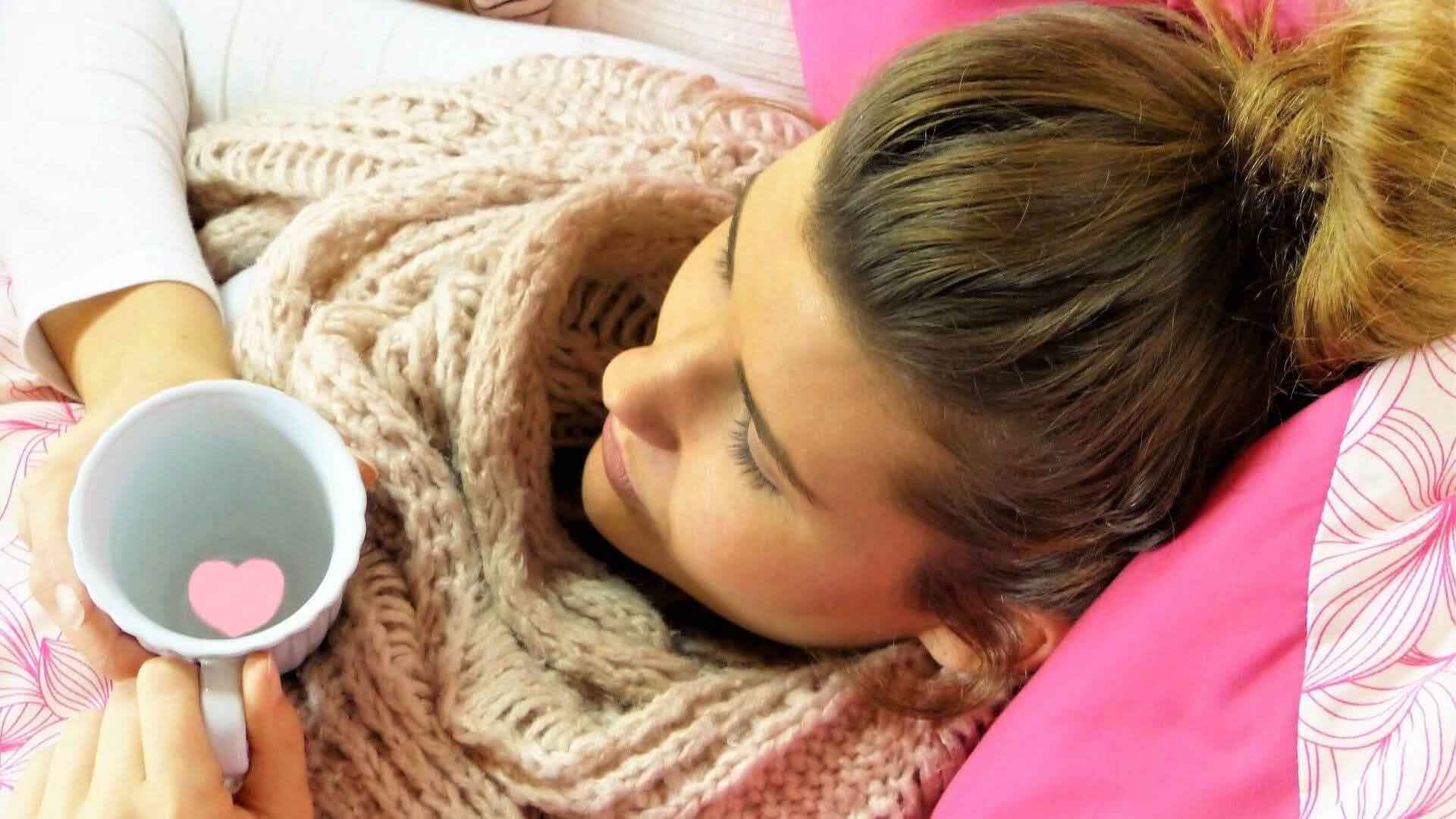
Why do Women Struggle with Mental Health?
Don’t be afraid to ask for help! Whether it’s from a friend, family member, trusted colleague or a professional, people are out there to help.

Don’t be afraid to ask for help! Whether it’s from a friend, family member, trusted colleague or a professional, people are out there to help.

When people who have experienced racism seek mental healthcare, they are not only struggling with the fear of being unable to find a provider who can understand their experience, they are also coping with the very real fear of discrimination.

Most of our poor decisions and behaviors that we wish we could re-do are driven by our feelings. In most cases we are probably reacting from an emotion and not even really thinking!

Many people come to art therapy because they feel stuck in their healing process and journey. Maybe talk therapy didn’t work well for them. They feel like they have talked and reasoned, explained, and told their experiences and yet – they are not finding relief.

As the stress of life and living in the world continues to build, you may have wondered if it’s worth it to continue. Trauma, tragedy and grief can become so overwhelming that your brain brain does not know how to make sense of it. Sometimes even day-to-day living can just seem like too much. It may seem like suicide is the only way to end the pain. If you have lost a loved one to suicide, the pain you have felt as a result shows that suicide does not bring relief from pain – in fact it adds to the pain and suffering in the world. Suicide is painful no matter what. Would the world be better without me? For anyone considering whether the world would be better off without them, the answer is simply no, it would not be. There is a path to take out of the darkness. Often, it is masked by the confusion brought on by stress, depression, and other mental distress. This path acknowledges that a life characterized by pain and suffering may not seem to be worth living. BUT, instead of ending your life, you choose to live, while reducing or eliminating the sources of pain and suffering. This may seem obvious, but it is not obvious to someone who is considering suicide. And if it is not obvious to you right now — that is ok, that’s why we’re here. Reach out for help. People DO care. If you are one of the many considering suicide right at this very moment, please just take a second to consider reaching out for help. You may not be seeing the full picture as a result of your state of mind. Your mind is only showing you part of the picture right now – the painful one. Not everything is your fault, and there is a path forward that brings some relief. But it is not only relief that you deserve. You also deserve joy, happiness, excitement, and love — and they can be found on this path as well. The potential to experience positive emotions is still in you and can be activated, as soon as you make the choice to continue living. Suicide is never painless. Not only in terms of the inevitable physical pain involved in the act, regardless of methods, but also as a result of the profound grief experienced by those who loved you and have to keep living without you for years to come. Life may not feel worth living right now, and if not, then I know you are in pain. I know that pain is real. It’s hard to see through the fog, but it gets better. You may not be seeing the full range of possibilities through the fog. In fact, you may be reading this right now and finding a way to disagree with everything written. Nevertheless, I am writing this to encourage you to reach out for help and remind you that your life matters,

Suicide is in no one’s go-to method of dealing with a problem, so if they are experiencing suicidal ideation, chances are that they tried their best to come up with other solutions and haven’t been able to.

The truth is, establishing and enforcing your boundaries is an act of kindness. It prevents you from having the feelings of resentment or annoyance toward people important to you. It also allows you to respect your own needs which in turn create a healthier you.

Mental health disorders tend to be prevalent in foster families, either biologically or due to stressful environmental factors. Some studies indicate that update to 80% of foster children suffer with significant mental health disorders.

The process for doing EMDR with children is different than with an adult. Additionally, it can require more preparation than regular play therapy.

Somatic processing is based on the idea that the body knows how to heal from the trauma it has experienced.
Feeling Safe
I feel safe at CFS. I know the staff is professional and understanding and that my thoughts and feelings will be heard and are valid.
Building Strength
My treatment at CFS has helped me find the ability to continue on through a horrible time. The office staff always greets me with a smile, that’s great.
Embrace New Ideas
It’s great to have someone to talk through my thoughts and feelings with — to get things out into the universe and have a neutral party help me learn how to process, try new things, embrace different ideas.
© 2023 Covenant Family Solutions